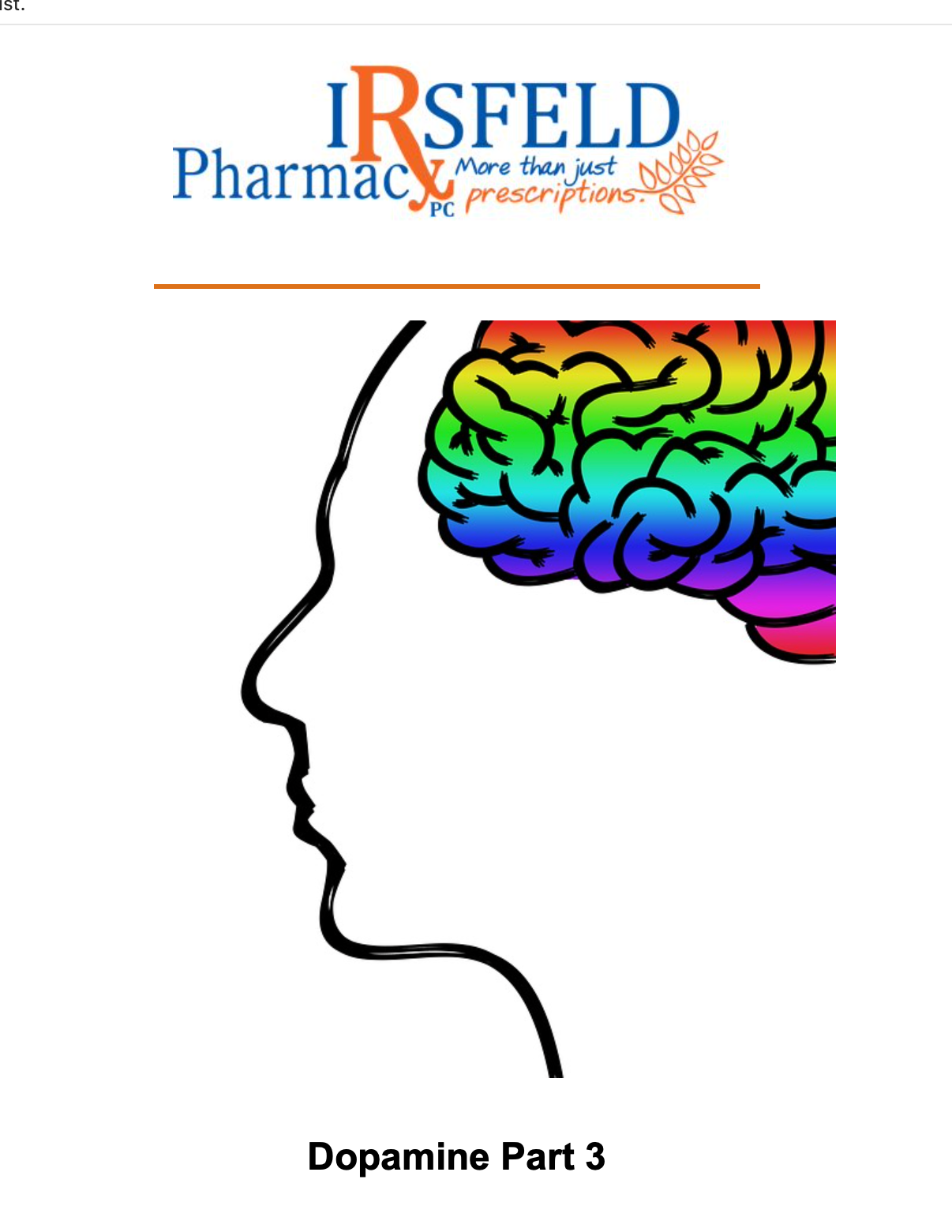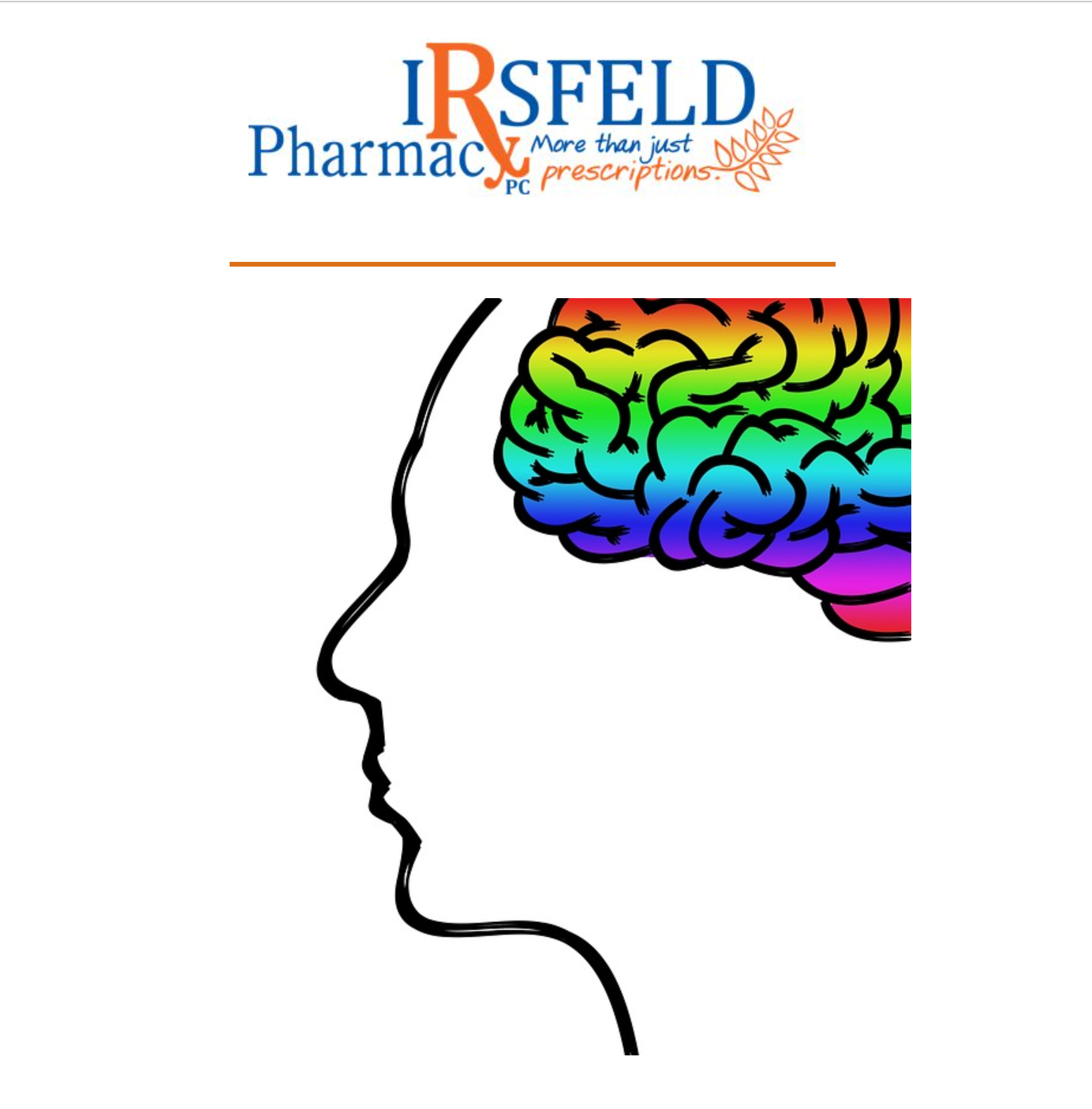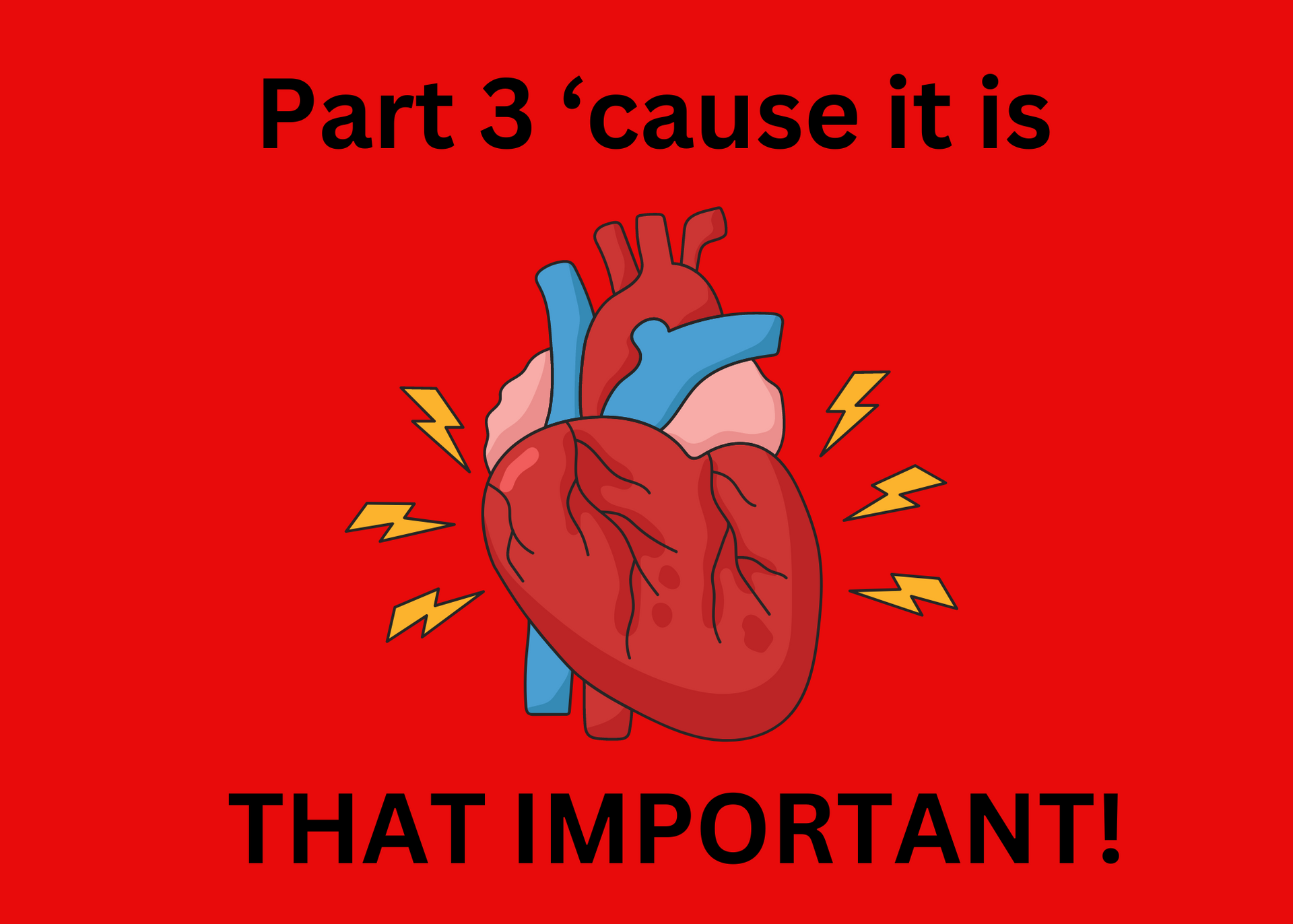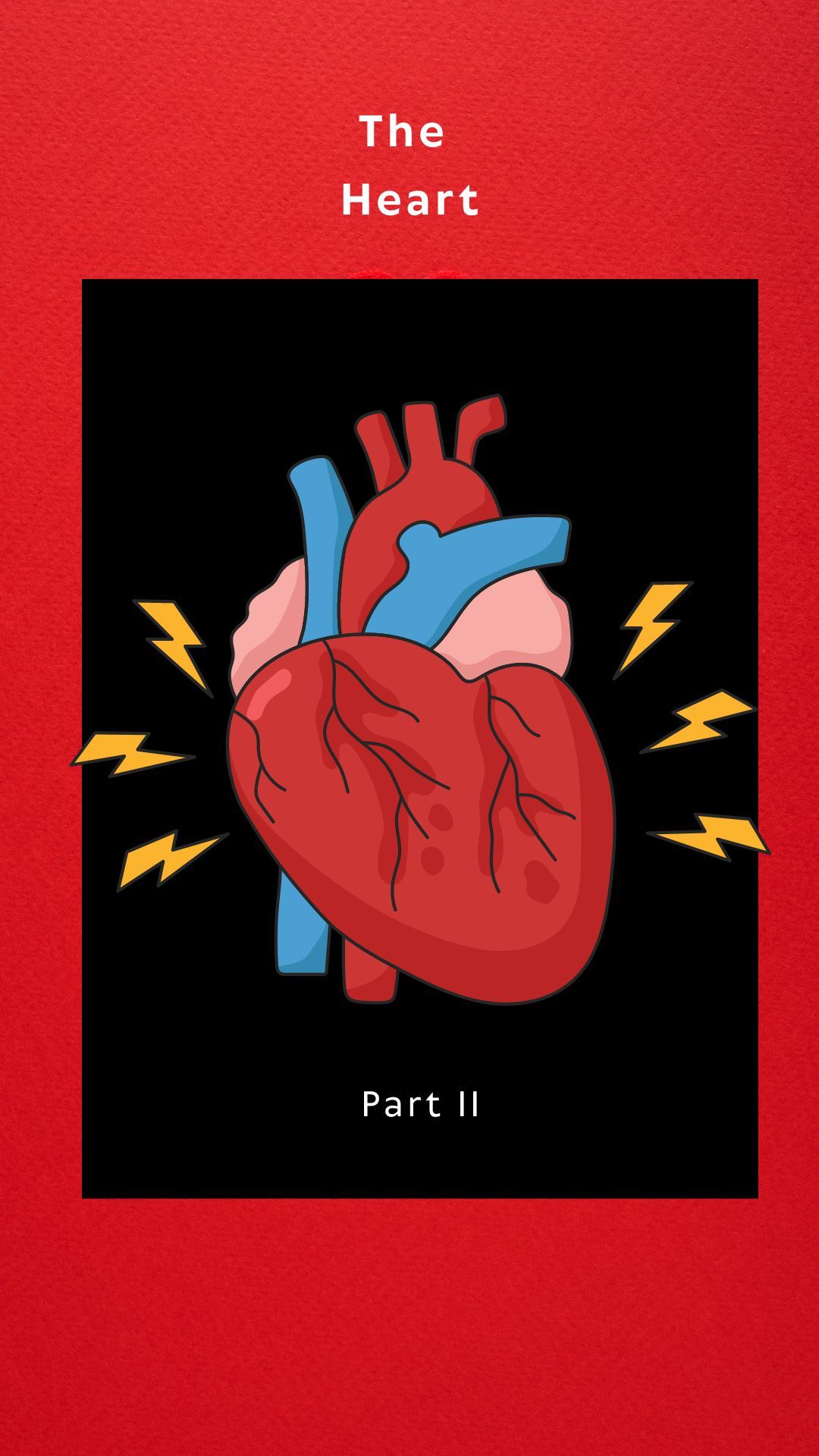Do you know where your POWER comes from?

First, let me explain what mitochondria are and what they do in our bodies. Mitochondria are in every cell in your body, but most know little about them or how to care for them. Mitochondria create more than 90% of our body's energy needs. The Mitochondria make adenosine triphosphate (ATP), which, when broken down, releases energy. If we don't have energy, we cannot grow and sustain life. For some of you with low energy, the topic should hit home and move you to act on your current health status.
The body's primary energy consumers are muscles, brain, liver, heart, lungs, and GI tract. The systems listed can suffer when mitochondria are not working to their full potential. This process is referred to as mitochondrial dysfunction, often due to genetic or environmental factors, which can ultimately then lead to cell injury and premature cell death. Mitochondrial dysfunction is a big deal and can be equated to a blackout in a city. Once the power goes out, nothing works as it should.
Aside from being energy factories, more than 95% of the genes that make up the mitochondria are involved with other cell functions. Thus, mitochondrial dysfunction can affect conditions related to extreme fatigue, such as cardiovascular disease, diabetes, Parkinson's disease, depression, chronic fatigue syndrome, Alzheimer's disease, asthma, and diseases of the liver, skeletal muscles, kidneys, and hormonal systems.
When the mitochondria fail to meet the body's energy needs, symptoms of this energy start to show. These symptoms can include heart and kidney issues, digestion seizures, strokes, developmental delays, speech and sight problems, and simply walking can be a problem. As you can see from the list, many of these symptoms can overlap with other disease states making it difficult to differentiate between them.
Lifestyle assaults such as tobacco and excessive alcohol, environmental toxins, poor diets, which generate free radicals, and mismanaged stress have negatively affected the mitochondria.
Drug-induced mitochondrial toxicity can create toxicity in the liver, skeletal muscles, kidney, and central nervous system. Medications affect our mitochondria by directly affecting the mitochondria or depleting co-factors that go into the production of ATP. The most common drugs that can cause these include pain medications, omeprazole, and statin.
Statin drugs used to lower cholesterol have been shown to induce mitochondrial dysfunction through Coenzyme Q10 (CoQ10) depletion. Omeprazole appears to inhibit carnitine absorption. Pain medications like naproxen and acetaminophen directly affect the function of the mitochondria.
Avenues to pursue if you think you may have a mitochondrial issue would be an organic acid test, a urine test that looks at metabolites of metabolic pathways. If these pathways do not function correctly, the metabolites can overflow into the urine and be easily measured to correlate to the wrong path. Another option is to have genetic testing done. Once the test is done, you have the live results, making this test an excellent value. Genetic tests can pick up faulty pathways.
Fortunately, there are several natural strategies to enhance mitochondrial function and maintain their health, promoting overall well-being. Let's explore some of these approaches:
The first and most important thing you can do is to improve your lifestyle. Adhering to the tenants of the Magnificent 7 is a perfect way to work on your lifestyle. Eating right and moving right are great, especially now that it is nice outside. Quit smoking, limit alcohol consumption, exercise 5 days per week, and eat food loaded with nutrients.
Intermittent fasting is an eating pattern involving alternating fasting and eating periods. Studies suggest intermittent fasting can enhance mitochondrial function by improving energy metabolism and increasing mitochondrial biogenesis. It promotes the removal of damaged mitochondria and stimulates the production of fresh, healthy ones.
Heat can also trigger beneficial biological responses acting as a mild stress signal and triggering cell responses that promote adaptation. One of the primary agents of that adaptation is mitochondria, as it has been shown that heat stress triggers a beneficial adaptive reaction in mitochondria that increase their functional capacity.
These effects show benefits in cardiac and skeletal muscle, which align with studies showing that routine saunas can improve performance and reduce the risk of cardiovascular diseases. Baking in a sauna in the middle of the summer doesn't seem very fun, but the benefits are impressive.
When considering supplementation to support your mitochondria, utilizing supplements that help protect the mitochondria would be the goal, and CoQ10 is at the top of the list. If you read this column regularly, you have heard about CoEnzyme Q10 (CoQ10) and its many benefits. The fact that it is the third most popular supplement sold in the United States is a testament to its use.
CoQ10 is also one of the most well-studied supplements, and a quality CoQ10 will offer you benefits ranging from mitochondrial support, antioxidant protection, tissue repair, and cognitive and cardiovascular support.
Choosing a CoQ10 product can be quite a task, as there are many forms and delivery systems. Keep in mind a couple of factors. A dry powder formulation is not easily absorbed through the GI tract since the CoQ10 crystals never fully dissolve. The concern is whether to buy ubiquinol vs. a ubiquinone formulation. We recommend a Ubiquinone formulation with the crystals fully dissolved, allowing for better absorption, often up to 8 times better than other products on the market.
The second product I recommend is designed to increase cellular energy. It combines acetyl L-carnitine, NAC, alpha-lipoic acid, grape seed extract, magnesium, and manganese. These ingredients help support the healthy functioning of mitochondria and overall cell activity.
In addition to helping our mitochondria increase ATP production, this combination of ingredients helps support the following systems: energy production, cardiovascular function, blood flow, nitric oxide production, antioxidant support, and body tissue, including epithelial, muscle, connective, and nervous tissues.
Stop by or call the pharmacy to schedule a consultation for more information on mitochondrial-friendly formulations or other health concerns that you might have. Please visit my website at www.irsfeldpharmacy.com to find this and other archived articles in the blog section.
Until next time be vigilant about your health!!
VISIT US
HOURS
HOURS
CONTACT US
Fax #: (701) 483-4926












Share On: